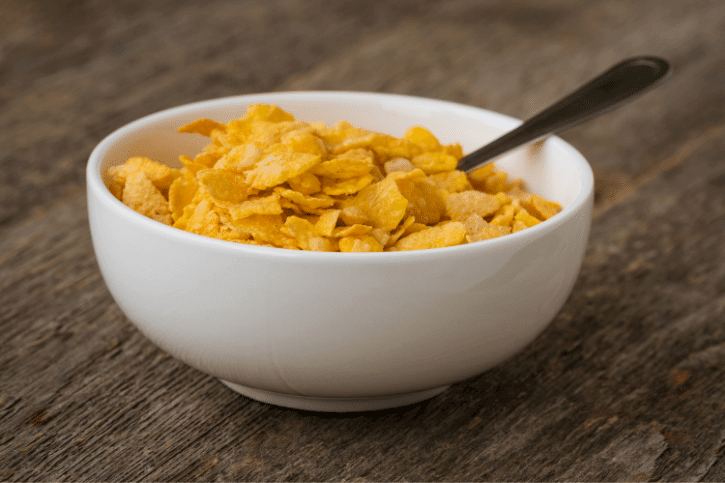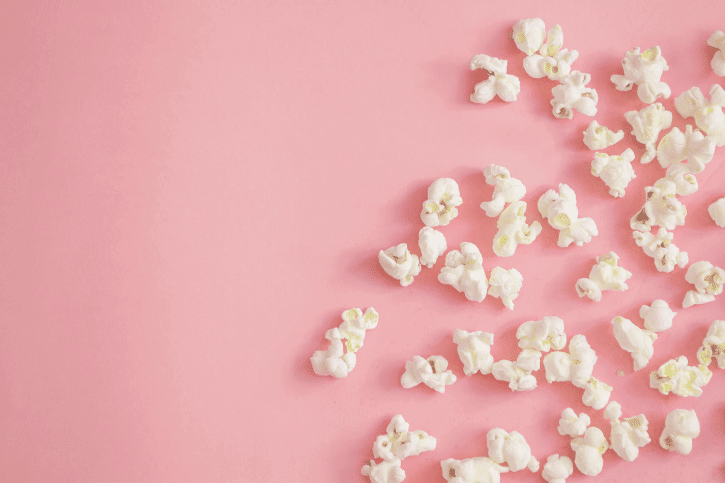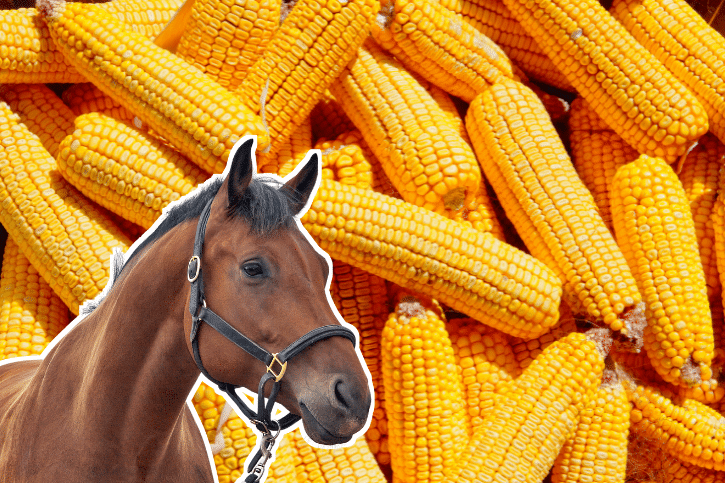Can Horses Eat Corn?
I bought cornflakes for the first time in years yesterday, and as I tucked into a bowl of them this morning, I was pleasantly reminded of how delicious they are and wondered why I ever stopped buying them!
Considering how high energy corn is, this got me wondering if corn would be a good grain for horses to eat.
So, can horses eat corn?
The answer to this question is yes! Horses can eat corn, and in fact, horses tend to really like the taste of it. It is a great high-energy, high-calorie grain to add to your horse’s diet and is usually one of the main grains in horse feed, but it can also be fed in various other forms.
In this article, we’ll take a look at some of the different types of corn that you might be considering feeding your horse and find out if they are suitable for horses or not.
Let’s not waste any time and get into answering these questions!
Can horses eat corn on the cob?
Corn on the cob – also known as sweetcorn – is the sweet and crunchy part of the corn that is most commonly consumed by us.
But can horses eat corn on the cob?
The answer is yes! Horses can absolutely eat corn on the cob.
Corn on the cob can be given to horses as a delicious treat as it is a fiber-rich part of the grain that is also lower in energy compared to other forms or parts of the corn.
Horses actually really enjoy the taste of corn on the cob, and it is consistently considered a palatable food source to them.
However, it should be fed to them in moderation as it doesn’t contain enough variety of nutrients and vitamins to provide a well-balanced diet.
Interestingly, corn on the cob is sometimes used by horse owners to attempt to slow down horses that tend to eat their food too fast as it is an especially chewy and time-consuming snack to eat.
Can horses eat cornflakes?

Cornflakes are a type of cereal grain derived from corn.
They are commonly consumed by us as a high-energy breakfast option.
Since horses are able to safely eat other parts of the corn plant, you may be wondering if cornflakes are safe for horses to consume.
Horses can eat cereal grains such as cornflakes, and they can be given as a quick boost of energy.
However, a horse should not be fed more than 0.4 percent of its body mass in cornflakes per feed and should not be fed as a staple part of their regular diet.
Can horses eat corn stalks?
As with other parts of the corn, the stalks are generally safe for horses to consume.
However, the corn stalks offer very limited nutritional value and are most often used as a base for horses’ beds instead of as food.
So, this may be something to consider if you are thinking about feeding your horses corn stalks.
Can horses eat corn husks?
Corn husks are the outer covering of the corn ear, which are often used in some dishes as a casing or wrap for foods.
But you may be wondering: can horses eat corn husks?
The answer is yes, horses can eat corn husks.
However, they provide limited nutritional value, so it should not form part of their regular diet and is best fed as a treat.
Horses can be given a couple of pieces of corn husks at a time.
Can horses eat popcorn?

Popcorn is another form of corn that is commonly consumed by us as a snack, and you might associate it with a trip to the movie theater.
But can horses eat popcorn?
Yes, popcorn can also be fed to horses, but in small, regulated amounts.
A handful of popcorn once a week or so can be a good treat for horses.
However, they should always be fed homemade popcorn as the pre-packaged, store-bought popcorn are full of salt and preservatives that can create digestive problems for horses.
What are the risks of eating corn?
Although corn is generally a safe snack for horses, there are some potential risks that should be considered before feeding them it.
Firstly, corn that comes straight from the field may be infected with toxins such as fumonisin which can lead to horses developing neurological problems, such as blindness, if consumed.
Therefore, it is advised that corn is purchased rather than fed straight from the field as the necessary checks will have been completed to ensure against toxins in the corn.
Secondly, since horses have extremely sensitive digestive systems, there is risk of them developing digestive problems due to the possibility of disrupting the balance of bacteria in the gut if too much starch is consumed.
This can happen when starch is forced to be digested in the large intestines instead of the small intestines because a large quantity has been ingested.
It should also be noted that an increase in the number of carbohydrates and sugars from corn can cause behavioral issues for horses, such as hyperactivity – which can be difficult to manage.
In conclusion, horses can eat corn, however, it should be fed as a treat and in moderation.
This article has explored some of the various forms corn can take and has discussed which ones are suitable for horses.
It was discovered that horses can eat corn in its various forms, such as corn on the cob, corn flakes, corn husks, and corn stalks – but that the stalks are perhaps better suited to be used as bedding for horses.
It is also important to consider the several risks associated with corn consumption by horses, such as behavioral problems due to hyperactivity, digestive problems, and blindness (or even death) from toxins in corn straight from the field.
I hope this article has been helpful in answering any questions around the subject of ‘can horses eat corn’!
